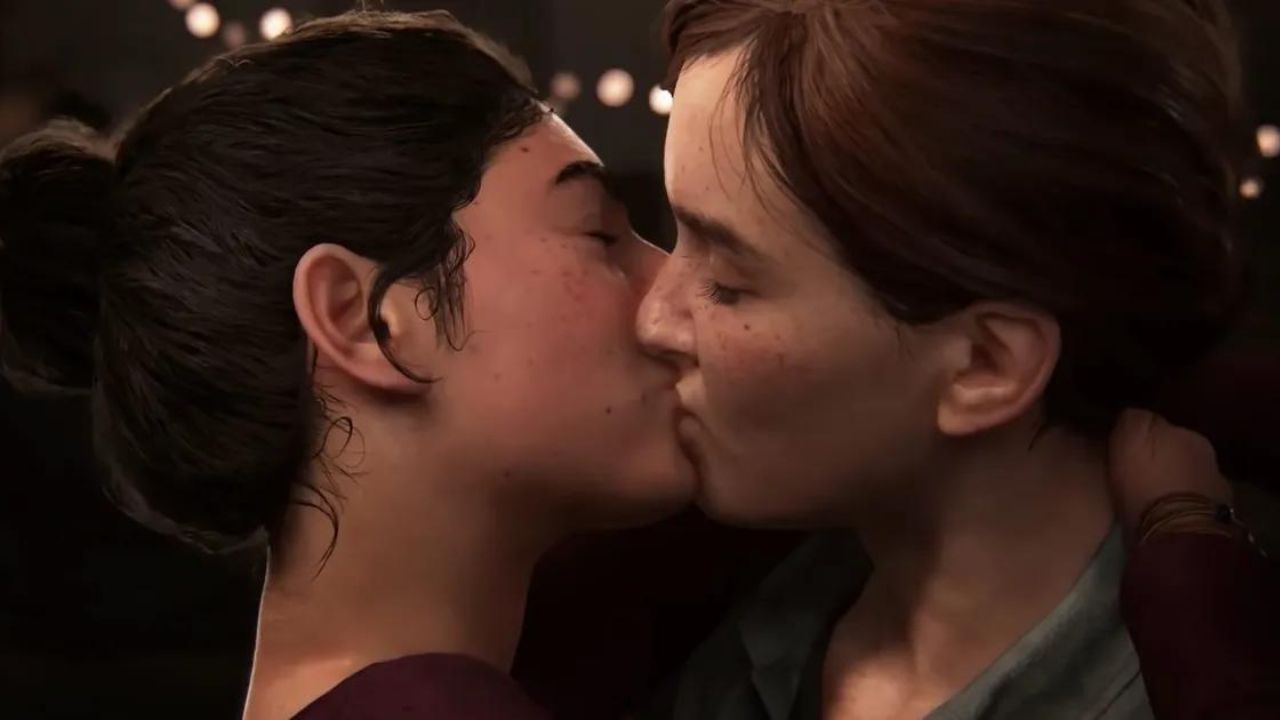GLAAD, an organization committed to fair and accurate representation of the LGBTQ community in the media, presented its first annual report oninclusion in video games. The report shows that the gaming industry is still behind players’ expectations.
To produce the report, GLAAD collaborated with Nielsen Gaming, a company that deals with market research in the video game sector. The survey was conducted through interviews with gamers. The survey shows that approximately 17% of active gamers belong to the LGBTQ community (a figure up 70% compared to the 10% recorded by Nielsen Gaming in 2020).
However, despite the growing number of LGBTQ gamers, only 2% of video games include LGBTQ characters.
“We need to move away from the idea that LGBTQ-inclusive games are a separate, niche category,” he commented Blair Durkee, associate director of gaming at GLAAD. “All games should try to reflect the people who play them. And when one in five players is LGBTQ, no game with five or more characters has any excuse not to include LGBTQ characters.”
Video games and the LGBTQ community: is there an inclusiveness problem?
The report also revealed that most non-LGBTQ gamers wouldn’t be deterred from purchasing a game with an LGBTQ main character. On the contrary, many would be more inclined to buy it. Furthermore, 75% of LGBTQ gamers say that seeing a character in a game that matches their identity makes them feel better about themselves.
“The message is clear – he says Sarah Kate Ellis, president and CEO of GLAAD – gamers want more inclusive LGBTQ representation in their games and the industry needs to become more inclusive.”
In addition to inclusion, the GLAAD report highlights safety as another issue for LGBTQ gamers. In fact 52% of gamers report having experienced harassment in online gamesWhile 42% report having avoided playing a certain game for fear of harassment.
“For brands that want to engage LGBTQ gamers, creating a safe and inclusive environment must go beyond the game itself,” he added Stacie deArmas, senior vice president at Nielsen. “Nearly 70% of participants are less likely to buy from studios with a history of mistreatment of LGBTQ workers.”














Leave a Reply
View Comments